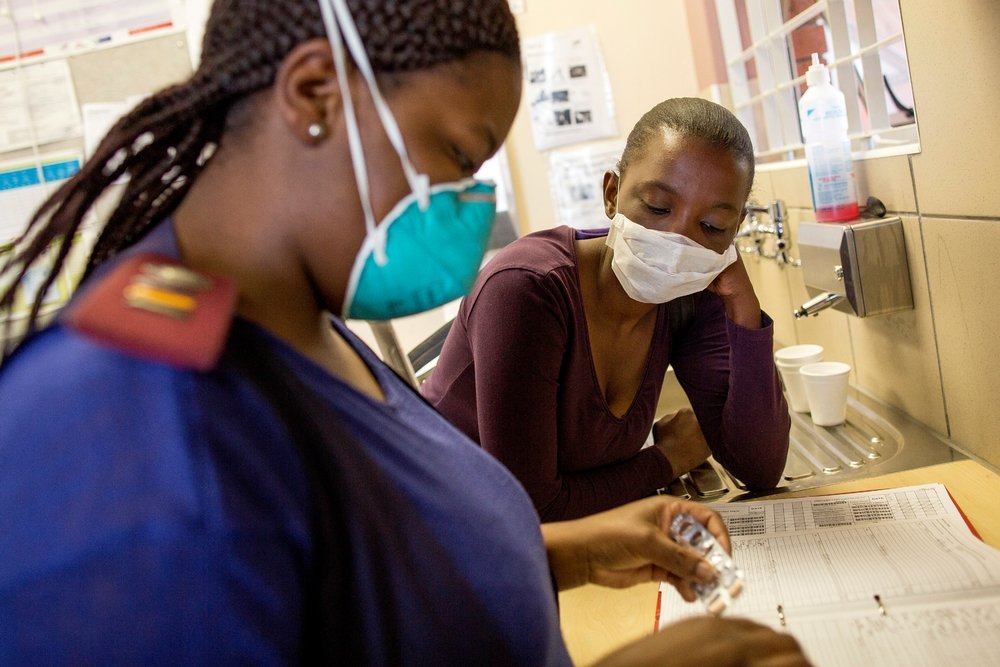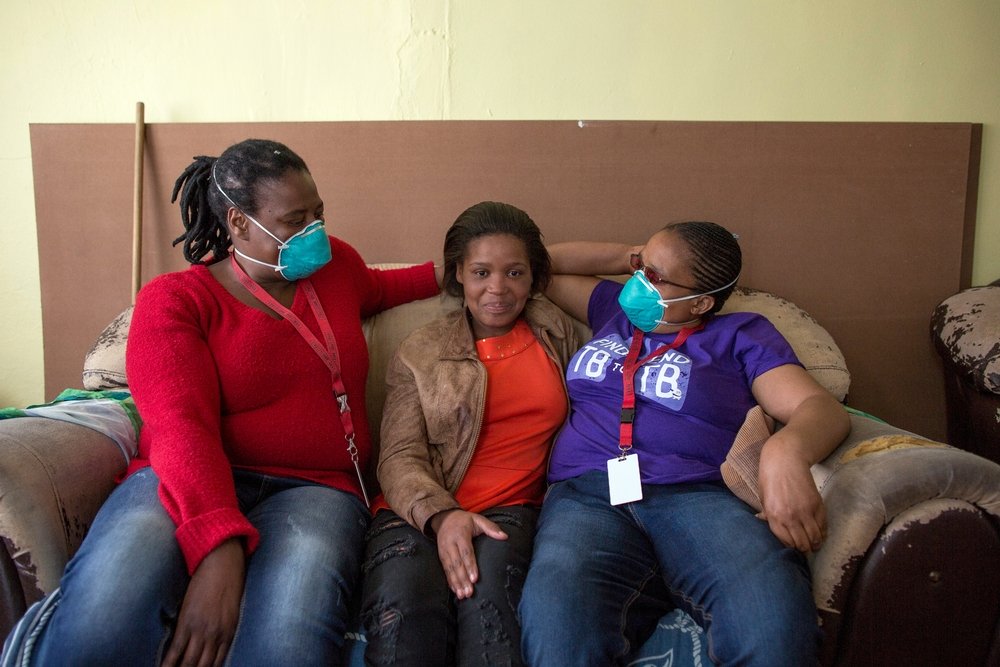
Johannesburg — Doctors Without Borders (MSF) and other treatment providers in South Africa and globally have found that the first new drugs in half a century to be developed for treating drug-resistant tuberculosis (DR-TB) are offering new hope to patients — but significant challenges remain to improve availability and affordability of these treatments.
Current treatment regimens for DR-TB involve thousands of pills taken over two years, which can have devastating side effects and ultimately only work for 50% of people with multidrug-resistant (MDR) TB and 26% of people with extensively drug-resistant (XDR) TB.
ccess to new drugs, bedaquiline (marketed by Janssen), and delamanid (marketed by Otsuka), along with ‘repurposed’ drugs — not specifically developed for TB but that have shown efficacy in treating TB — could be a significant step toward finding a shorter, more tolerable DR-TB regimen in the future.
This is good news for South Africa, which has one of the highest burdens of multidrug-resistant TB (MDR-TB) in the world, with 30,000 new cases each year, over 18,000 people diagnosed and over 11,500 put on treatment in 2014.
However, nearly two years after being approved for use by drug regulatory authorities and included in World Health Organisation (WHO) treatment guidelines, only 3,000 patients worldwide have been treated with bedaquiline, and fewer than 200 with delamanid - only 2% of the 150,000 people around the world that could benefit.
“MSF is treating some of the lucky few people in South Africa — and in fact the whole world – to receive access to strengthened treatment regimens including bedaquiline and delamanid,” said Dr. Jennifer Hughes of MSF in South Africa. “South Africa’s Department of Health has been a leader in accessing new DR-TB drugs, with over 1,750 patients receiving bedaquiline nationally since 2013. Despite progress, all DR-TB patients are likely to benefit from better treatment regimens, and access to new drugs on such a scale is nowhere close to a reality.”
Patients receiving bedaquiline in South Africa had 77% ‘culture conversion’ rates from TB-positive to negative, which is a promising sign that their treatment may ultimately be successful. Additional information from South Africa showed similar safety and efficacy even when bedaquiline was given together with antiretroviral therapy (ART) to TB/HIV co-infected people, another sign that this drug has the potential to transform DR-TB treatment in coming years. Delamanid, however, is not yet as widely available in South Africa.

“A few actors, including MSF, are providing delamanid under compassionate use to a handful of DR-TB patients with severely limited treatment options, though delamanid will not be widely available until it is registered locally with the Medicines Control Council,” said Dr. Hughes.
Registration would allow delamanid — on which Otsuka carried out clinical trials in South Africa — to more readily be incorporated into treatment guidelines and purchased on national tender, all of which would improve availability of the drug for patients with DR-TB. Adding new and repurposed drugs to DR-TB regimens could unfortunately also reverse otherwise decreasing price trends.
Current preferred DR-TB treatment regimens cost between US$1,800 [27,500ZAR] and US$4,600 [70,400ZAR] per patient. Adding bedaquiline (minimum US$900 [13800ZAR] per patient) and delamanid (minimum US$1,700 [26 000ZAR] per patient), as well as other repurposed drugs, could rapidly create difficulties for high-burden DR-TB countries like South Africa in tackling their epidemics.
A recent study of the production costs for new DR-TB drugs, however, has shown that prices could come down by 95% if robust generic competition was introduced — even after allowing for a reasonable profit margin.
“TB is curable, yet it is now the infectious disease that kills the most people in the world,” said Dr. Grania Brigden, TB Advisor for the MSF Access Campaign. “We desperately need treatment that is easier for people to tolerate, that cures more people, and that is more available and affordable, otherwise it’s just deadly business as usual.”